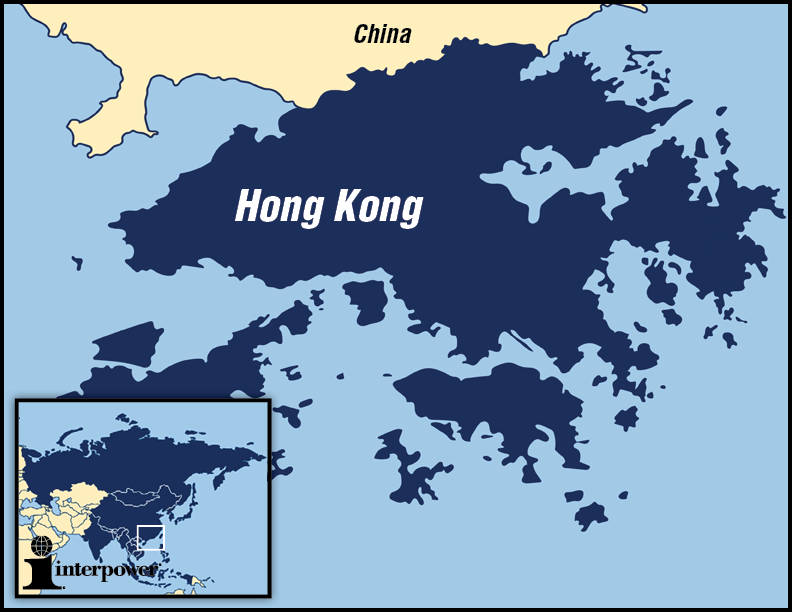Exporting to Hong Kong

| HONG KONG | |
|---|---|
| Actual population* | Population world ranking |
| 7,112,688 | 102 |
| Actual GDP (PPP)* | GDP world ranking |
| $381,300,000,000 | 36 |
| Actual GDP (per capita)* | GDP (per capita) world ranking |
| $52,700 | 15 |
*See the end of this blog for definitions
Hong Kong is a Special Administrative Region of China. As one of Asia’s leading commerce hubs, Hong Kong offers numerous business opportunities.
Market research is essential for success. It is crucial to understand the business environment, along with developing an economic and market analysis. Due diligence is a key to all business deals. Note that the business environment in Hong Kong may be fast-paced, so companies need to be willing to respond quickly. Working with local agents or distributors may be beneficial because they can help to increase sales in both Hong Kong and mainland China. A free trade agreement between Hong Kong and China called CEPA (Closer Economic Partnership Arrangement) is bringing business to both regions, plus allowing foreign countries to invest.
A variety of sources are available to assist companies wanting to explore global options. The Government of Hong Kong has a website (www.investhk.gov.hk) which offers information about business opportunities and how to set up a company. Other resources include the United States Commercial Service and the United Kingdom Trade and Investment. They can assist companies by answering specific questions as well as sharing market challenges, trade opportunities, and key sectors in Hong Kong, including current market developments.
The Hong Kong culture is both traditional and modern. Hard work and success are stressed. While conducting business in Hong Kong is similar to that in the western world in many ways, companies still need to discover what the business customs are. Business meetings are usually formal as is the exchanging of business cards. Know the proper way to receive and distribute them. Knowing how to address clients, as well as the acceptable dress code, are also points to ascertain. Numerous resources are available to assist in learning the proper business etiquette. Among them are the United States Commercial Service and the United Kingdom Trade and Investment.
It is crucial to know what the import and export regulations are. The Government of the Hong Kong Special Administrative Region Trade and Industry Department can inform companies of the requirements that need to be followed. For import and export procedures, see www.hktdc.com/research and www.gov.hk. The Hong Kong Customs and Excise Department also has information on import/export and customs.
While Hong Kong does not have a central standards body, its policy is to follow international standards. The Hong Kong Innovation and Technology Commission gives information about product standards.
Hong Kong is located in East Asia and is a member of the World Trade Organization and the Asia-Pacific Economic Cooperation.
The official languages of Hong Kong are Chinese and English. In the government, legal, and business sectors, English is commonly used.
In Hong Kong, the voltage used is 220V at 50Hz. The most frequently specified plug pattern is the United Kingdom plug.
Sources:
www.export.gov/hongkong
www.gov.uk
www.investhk.gov.hk
www.gov.hk
www.tid.gov.hk
www.hktdc.com/Research
www.customs.gov.hk
www.itc.gov.hk
*Source: www.cia.gov/library/publications/the-world-factbook/index.html
Country comparison—Population: Population compares estimates from the US Bureau of Census based on statistics from population censuses, vital statistics, registration systems, or sample surveys pertaining to the recent past and on assumptions about future trends. (July 2014 est.)
Country comparison—GDP (Purchasing Power Parity): GDP (purchasing power parity [PPP]) compares the gross domestic product (GDP) or value of all final goods and services produced within a nation in a given year. A nation’s GDP at PPP exchange rates is the sum value of all goods and services produced in the country valued at prices prevailing in the United States. (2013est.)
Country comparison—GDP – per capita (PPP): GDP – per capita (PPP) compares GDP on a purchasing parity basis divided by population as of 1 July for the same year. (2013 est.)
.






